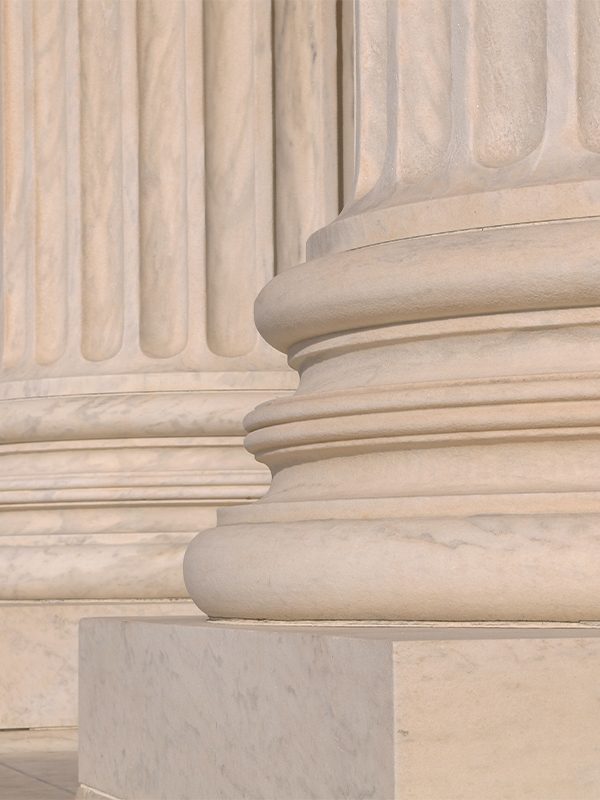We’re on the Case
Bail and Supervised Release
Depending on the crimes charged, New York judges in Criminal and Supreme Court can set a variety of conditions to ensure a defendant’s return to court for future dates, including cash bail, insurance company bonds, partially secured bonds, and supervised release. Under Criminal Procedure Law §§ 510.10 to 510.50, judges generally set “securing orders” or terms of a defendant’s release from custody at defendant’s arraignment. Only certain crimes are eligible for bail conditions which result in a defendant being held in custody until cash or a bond is posted. For example, violent felonies defined under Penal Law §70.02, such as Robbery, Assault, or Rape, and certain non-violent felonies, such as witness intimidation and tampering. Since 2020, many crimes which historically resulted in New Yorkers’ pre-trial detention are now ineligible for bail. In other words, a judge generally must set a “non-monetary” condition for a defendant’s return to court. This would include nearly all misdemeanor crimes, such as Assault in the Third Degree, P.L. §120.00, and even most felony drug charges, such as Criminal Sale of a Controlled Substance in the Third Degree, P.L. §220.39. There are some situations in which judges can set bail on misdemeanor cases, such as when a defendant is accused of committing a crime while at liberty when he or she has a separate, pending criminal case.
Courts may still impose numerous conditions on any criminal defendant, such as restrictions on travel, pre-trial supervision by a state agency, bans on contacting witnesses/victims, participation in programs, or in rare cases, electronic monitoring by means such as an ankle bracelet.
If you or a loved one are charged with a bail-eligible offense, the Assistant District Attorneys appearing in court will almost certainly ask for some amount of bail. The attorney for the Defendant will make the best arguments they can against this, but ultimately it is the judge’s decision. This is typically set in three different forms.
Cash bail is paid to the clerk’s office in the courthouse in which a defendant is arraigned, or can sometimes be paid online. The person posting this form of bail will have this money returned to them at the conclusion of the case so long as the defendant returns to court. Cash bail can also be paid by credit card if authorized by a judge.
Partially Secured Bonds are a method by which family or friends of the defendant only need to pay a portion of the total bond amount as a fee – generally 10 percent – with the court clerk directly, rather than a bail bond company. Like cash bail, partially secured bond fee payments will be returned to the poster so long as the defendant returns to court and the case concludes.
Finally, Insurance Company Bonds are usually set at higher amounts, and usually require similar percentage fees in order for a bail bond company to post the bond. Depending on the bond company, they may also require an additional payment as collateral, or require additional guarantors for the posting of a bond, especially when the charges are serious. The fees paid will not be returned to the guarantor at the conclusion of the case, even if the defendant makes all of their court appearances.
You can look up the exact conditions of bail for an incarcerated criminal defendant in New York City by visiting this page and searching by First and Last Names.
If bail is not set, and if a defendant is not simply released (as is common with first time arrests), criminal defendants will likely be placed on Supervised Release with the pre-trial monitoring agency CASES. This agency features teams of social workers and other professionals who can assist defendants with employment, drug and alcohol treatment services, and even housing opportunities. Depending on the level set by the judge, a defendant will need to check in with CASES a set number of times each month, which might be in-person or by phone. CASES will provide the court with a report on a defendant’s attendance and compliance.



